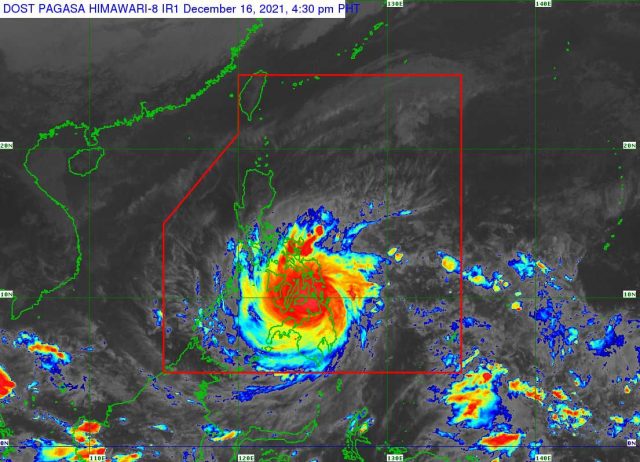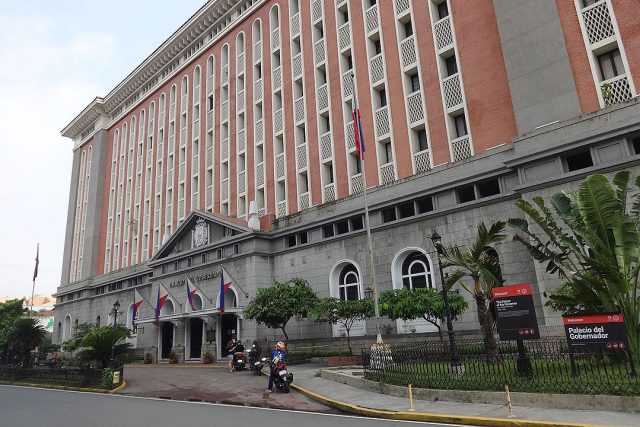Philippines gets $250-M loan for vaccines
The Asian Infrastructure Investment Bank (AIIB) approved on Thursday night a $250-million loan to help the Philippines buy more coronavirus vaccines, according to the Finance chief.
The loan is one of several multilateral funds that would be used to buy vaccine boosters and doses for children, Finance Secretary Carlos G. Dominguez III said on Wednesday.
An AIIB document released last month showed the project is under the multilateral bank’s COVID-19 crisis recovery facility. co-financed and led by the Asian Development Bank (ADB).
The total project cost of $553.66 million is expected to be partially financed by the ADB, with its own $250-million loan. The Philippine government will cover the rest of the funds.
Buying more vaccines would help the Philippines mitigate health, social and economic problems caused by the pandemic, the AIIB said.
Meanwhile, South Korea has given the Philippines a $100-million loan to support its vaccination program.
Representatives from the two countries on Friday signed the agreement for the second phase of the COVID-19 emergency response program, the Finance department said in a separate statement.
“This financial assistance from Korea will go a long way in helping the Duterte administration rev up its mass vaccination program against COVID-19 that is crucial to the strong rebound by our domestic economy come 2022,” Mr. Dominguez said in the statement. — Jenina P. Ibañez












